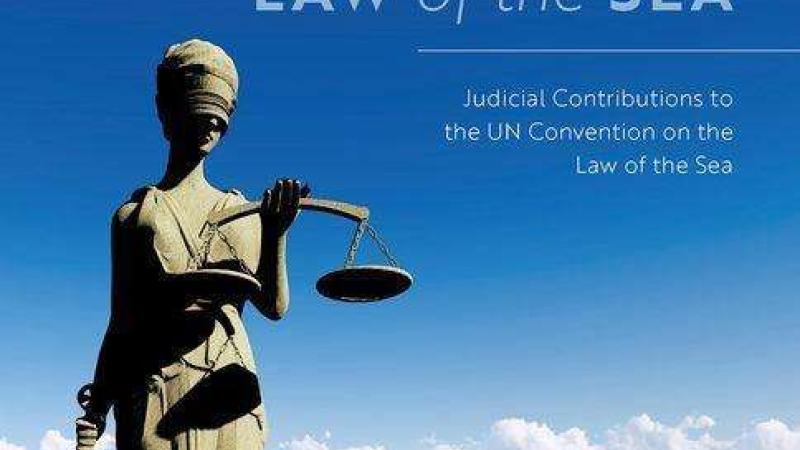
The dispute settlement regime in the UN Convention on the Law of the Sea (UNCLOS) has been in operation for well over twenty years with a steadily increasing number of important cases. This significant body of case law has meaningfully contributed to the development of the so-called 'constitution of the oceans'. Judging the Law of the Sea focusses on how Judges interpret and apply UNCLOS and it explores how these cases are shaping the law of the sea.
The role of the Judge is central to this book's analysis. The authors consider the role of UNCLOS Judges by engaging in an intensive study of the their decisions to date and assessing how those decisions have influenced and will continue to influence the law of the sea in the future. As the case law under UNCLOS is less extensive than some other areas of compulsory jurisdiction like trade and investment, the phenomenon of dispute settlement under UNCLOS is under-studied by comparison. Cases have not only refined the parameters for the exercise of compulsory jurisdiction under the Convention, but also contributed to the interpretation and application of substantive rights and obligations in the law of the sea. In relation to jurisdiction, there is important guidance on what disputes are likely to be subjected to binding third-party dispute resolution, which is a critical consideration for a treaty attracting almost 170 parties.